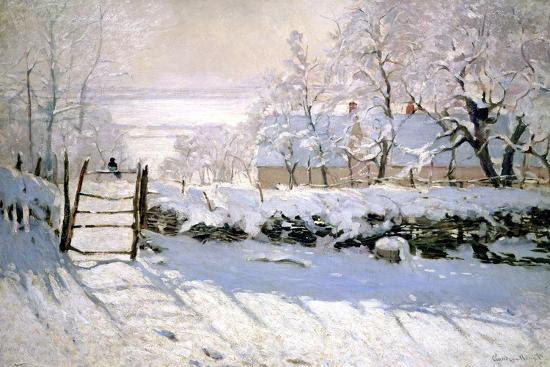
I’m not a big fan of the holiday season. I hate the sense of pressurized joy, where the faith and wonder at the core of the holiday season is so frequently eclipsed by materialistic frenzies and high stakes expectations.
Admittedly, I am a woman of little organized faith, but if I could choose to celebrate anything this month, it would be the miracle of winter light. I was raised Jewish, which means I was raised to question everything, and recently I’ve been reflecting on the miracle at the crux of the Hannukah story. To recap, for my fellow Hebrew school dropouts and all friendly gentiles: After the small group of rebels known as Maccabees defeated the Syrian-Greek armies, they returned to Jerusalem to reclaim and reconstruct their temple. Once there, however, they discovered that they only had enough oil to light the menorah for one night, which would not have been enough to guide their work. Miraculously, that oil lasted for eight days, and now, more than 2,000 years later, Jews all over the world light candles for eight days in remembrance.
It’s a beautiful story, but in all honesty, I think the oil/miracle is a bit of a scene-stealer. What I find infinitely more compelling is the fact that, in the wake of a devastating, decades-long invasion, the temple rebuilding began while the city was still smoldering. They didn’t wait to see if the coast was clear, or Home Depot was restocked, or if any wounds wanted nursing. They just went for it. Not only that, they didn’t know the oil was going to last for eight days when they began the reconstruction. So this small group of exhausted Jews, who had literally just fought an uphill battle against one of the world’s mightiest armies, returned to their decimated temple and, with little to no resources, rolled up their sleeves and got to work.
This kind of act feels like the real miracle, and it reminds me so much of winter light in its most mystical form. In December, the days grow shorter, the sun gets thinner, and all our instincts tell us to hunker down and wait for spring. But on those days when we appreciate that any light is light worth celebrating, we walk out on a cold morning or a frigid moonlit night and marvel in the hidden magic it reveals: the undisturbed beauty of snow, the spine-tingling thrill of a predator’s call through frigid air. We’re reminded that life isn’t at its best when it’s full of warmth and readymade gifts and groaning tables. It’s at its best when we keep standing and looking up when we might have no reason to do so, when putting one foot in front of the other is an act that defies the very darkness itself.
And isn’t winter light at the heart of most of our writing practices? So many writing days can feel poorly illuminated, lacking in warmth. So much of the time, we are working with only a glimmer of inspiration, or the hint of an idea, or just blind faith. And from the outside, our friends might be wondering why on earth we continue to stumble around in winter light when we could just go to a tanning salon. But that readily available, manufactured lighting blinds us to an awareness that there is an infinite amount of softer luminosity within us, provided we recognize that it cannot be bought or commanded. It only expands when we have faith that it just might, when we keep putting one foot in front of the other, not because we expect a miracle, but because we don’t.
Art: Claude Monet, The Magpie
Thank you, Elizabeth. Beautifully written and just the inspiration I needed this early cold dark morning.
Perfect. I have many friends who are depressed by the decreasing daylight, and they have my sympathy. I love autumn’s golden has drifting slowly into precious winter light. You captured it perfectly. Thank you.
Perfect. I have many friends who are depressed by the decreasing daylight, and they have my sympathy. I love autumn’s golden haze drifting slowly into precious winter light. You captured it perfectly. Thank you.